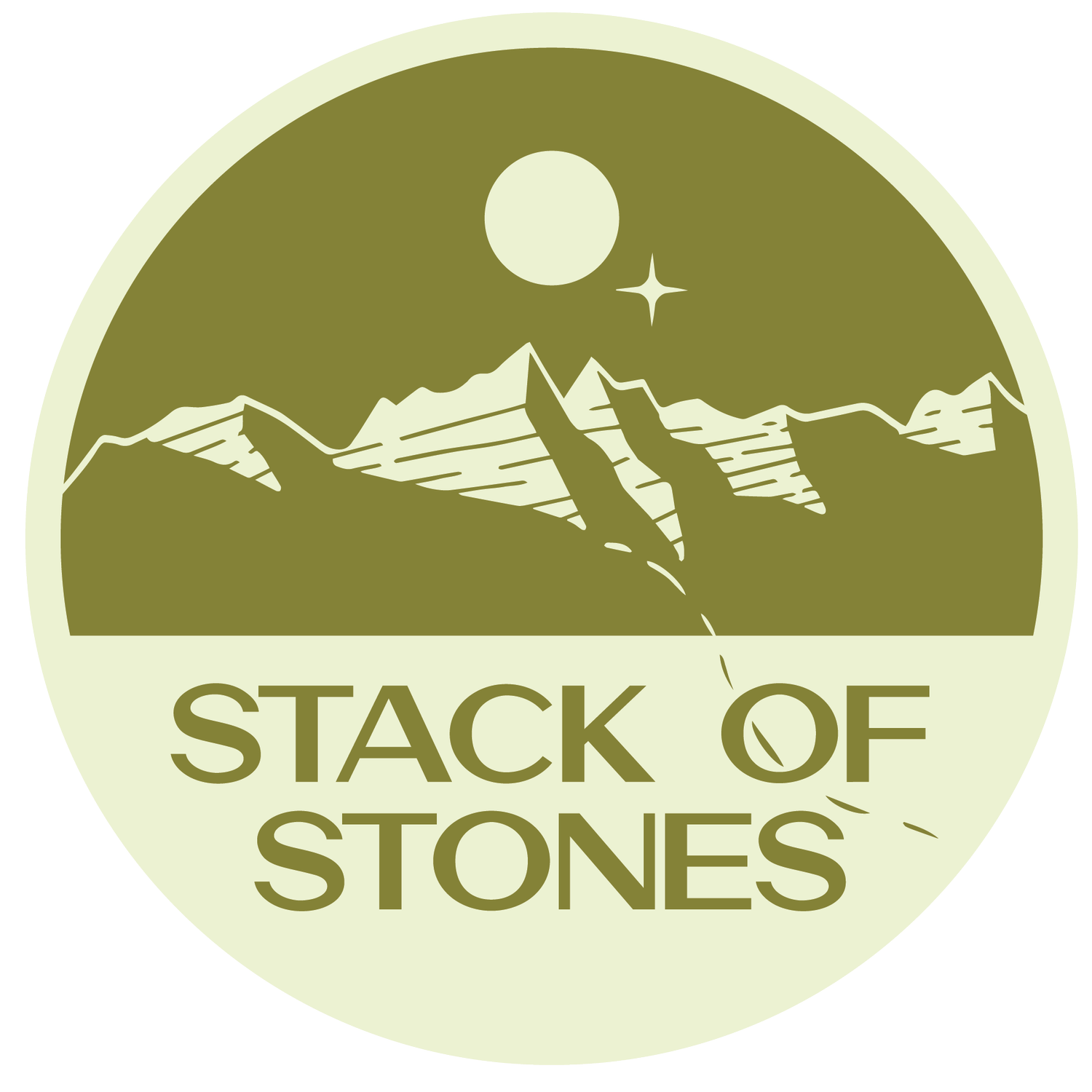Two Tricks for Keeping Your Sanity During the Holidays or Big Celebrations
Let’s talk about a serious mental health consideration - the shitty-shoulds. The SSs are all of those little obligations that we feel like we should keep, but they drain us of energy and joy.
These little a-holes pop up the most during times of celebration (and therefore expectation). Weddings, birthdays, graduations, the holidays, etc. Let’s talk about them through the lens of the holidays, just for clarity.
The holidays are a time where there is a lot of twinkle and merry, but hidden under that glow is exhaustion, financial strain, family tension, and other joy-killers. And within each of those joy-killers is often a little army of shitty-shoulds.
Is Self-Compassion for Suckers
OK, don’t barf. I want to talk about self-compassion.
The way we label our emotions and responses is huge, and adding a little dose of compassion can be helpful.
I know, I know. Self-compassion is one of those words that feels fluffy. I’ve had people tell me that if they allow for compassion, then they are settling and not improving.
Is that true? Do you feel the same way?
Is self-compassion the enemy of strength and growth? If you have compassion for yourself, does that turn you into a little bitch-baby who can’t tough it out?
Is First Responder PTSD Inevitable?
We’ve all seen the statistics. Working as a first responder is hard on your mental health. Levels of trauma, suicide, addiction and more are shown to be higher if you serve the public on the front lines.
So does that make PTSD inevitable for those who serve as firefighters, law enforcement officers, medics, or other first responders?
No, but it does increase the likelihood.
Scan Your Shift for Moral Injury
Moral injury is one of those sneaky little irritants that can wear on your mental health, particularly if you work as a first responder or in healthcare. In short, moral injury is when we need to do something in the course of our work that goes against our inherent morals and values.
The most classic example is combat. Something that is appropriate and important in a combat situation may not be how you would conduct yourself on a normal Thursday. This disconnect leaves us feeling a bit . . . wonky. To use a precise mental health term.
Which is what makes moral injury dangerous. It’s the tiny rock in your shoe that you don’t really notice, but eventually you end up with a painful blister. And the hard part is that moral injury is a part of the job if you are working as a firefighter, law enforcement officer, medic, healthcare professional, or a wide variety of other helping roles.
Practical Steps to Protect Against Compassion Fatigue
If you work as a first responder or in healthcare, deathcare, or social services - compassion fatigue is an important consideration when it comes to your mental health. Unfortunately, when you serve others, CF is a part of the job.
If you aren’t familiar with compassion fatigue and how it can sneak up on you, start by reading our article on The Hidden Dangers of Compassion Fatigue.
In that article I use the metaphor of compassion being a bucket of beans, and I’m going to double down on that concept here. Because protecting against CF isn’t a simple process, we need to think about how we are protecting each bean in that bucket.
The Hidden Dangers of Compassion Fatigue
If you work as a first responder, or in healthcare, deathcare, or social services, compassion fatigue is the danger to your mental health that you might not see coming. It’s sneaky. Subtle. Often we don’t realize that we are experiencing it until it’s started to impact our wellness.
Trauma, trauma, trauma.
When you work as a first responder, it’s an unfortunate part of the job. There aren’t clear numbers about just how much trauma a first responder might encounter throughout their career, but suffice it to say, it’s far more than Norm the Accountant who lives next door.
We can’t avoid it, so what do we do about it? That answer is going to be different for everyone, but here are a few things that I’ve found to be consistent.
Does Your Pain-In-The-Ass Brain Constantly Scan for Danger?
Does anyone else struggle with a wee bit of hyper-vigilance? That habit of constantly scanning for danger and being consistently certain that something bad is about to happen?
It’s such a stressful way to live. I hate it. And yet . . . I often can’t shake it.
When writing this post, I had just come home from a week of vacation. We went to the beach, watched the stars, tasted amazing wines - and yet, there was always a part of me that struggled to relax.
